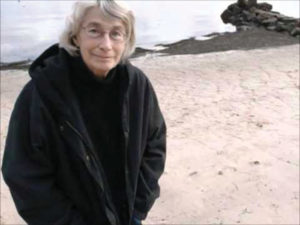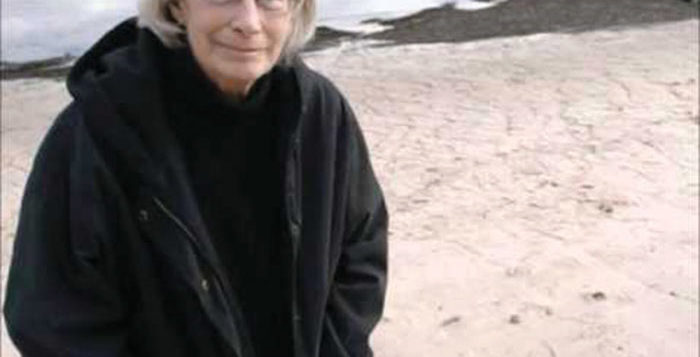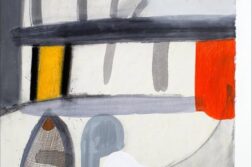In 2011, in a revealing interview with Maria Shriver for Oprah magazine, Oliver described her “very dysfunctional family” and mentioned that she had been sexually abused and neglected during her childhood. This was a moment of openness that would not have been possible in her younger years, when she was described by a creative writing program director as a “complicated, deeply private person.” She decided when she was thirteen to become a poet and found comfort in a nearby woods, where she would commune with nature and write poems, always accompanied by a copy of poems by Walt Whitman. She considered Whitman to be the brother she never had. In interviews, she often mentioned her other favorite poets and influences: Emerson, Shelley, Keats, the 13th-century Persian poet Rumi, and the 14th-century Persian poet Hafiz, while her fans ranged from fellow poets Stanley Kunitz and Rita Dove to Madonna, Ava DuVernay, Hillary Clinton, and Laura Bush, among other readers worldwide.

On one of those visits in the late 1950s, Oliver met Village Voice photographer Mary Malone Cook, who was at Steeplechase to take pictures. It was love at first sight. Oliver moved to Provincetown in 1964 to live with Cook, who operated the first photography gallery on the East Coast, and their relationship lasted for over forty years, until Cook’s death in 2005. In an appreciation written about her and the bookstore that she ran, movie director and Provincetown denizen John Waters described Cook as “beautiful and grumpy and smart” in his book Shock Value: A Tasteful Book about Bad Taste (1981). Cook’s presence informed some of Oliver’s poems, but it was not until Cook’s death that most readers became aware that the poet was a lesbian.
In When Death Comes, which appeared in the National Book Award-winning New and Selected Poems (1992) she wrote:
When it’s over, I want to say: all my life
I was a bride married to amazement.
I was the bridegroom, taking the world into my arms.
When it’s over, I don’t want to wonder
if I have made of my life something particular, and real. …
I don’t want to end up simply having visited this world.”





